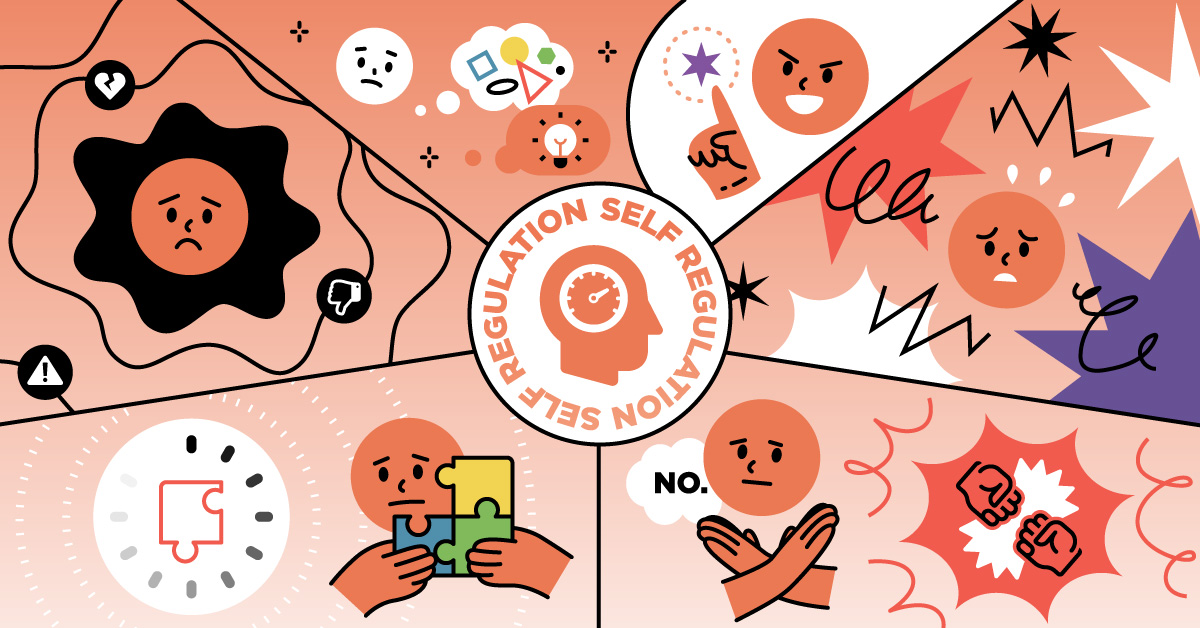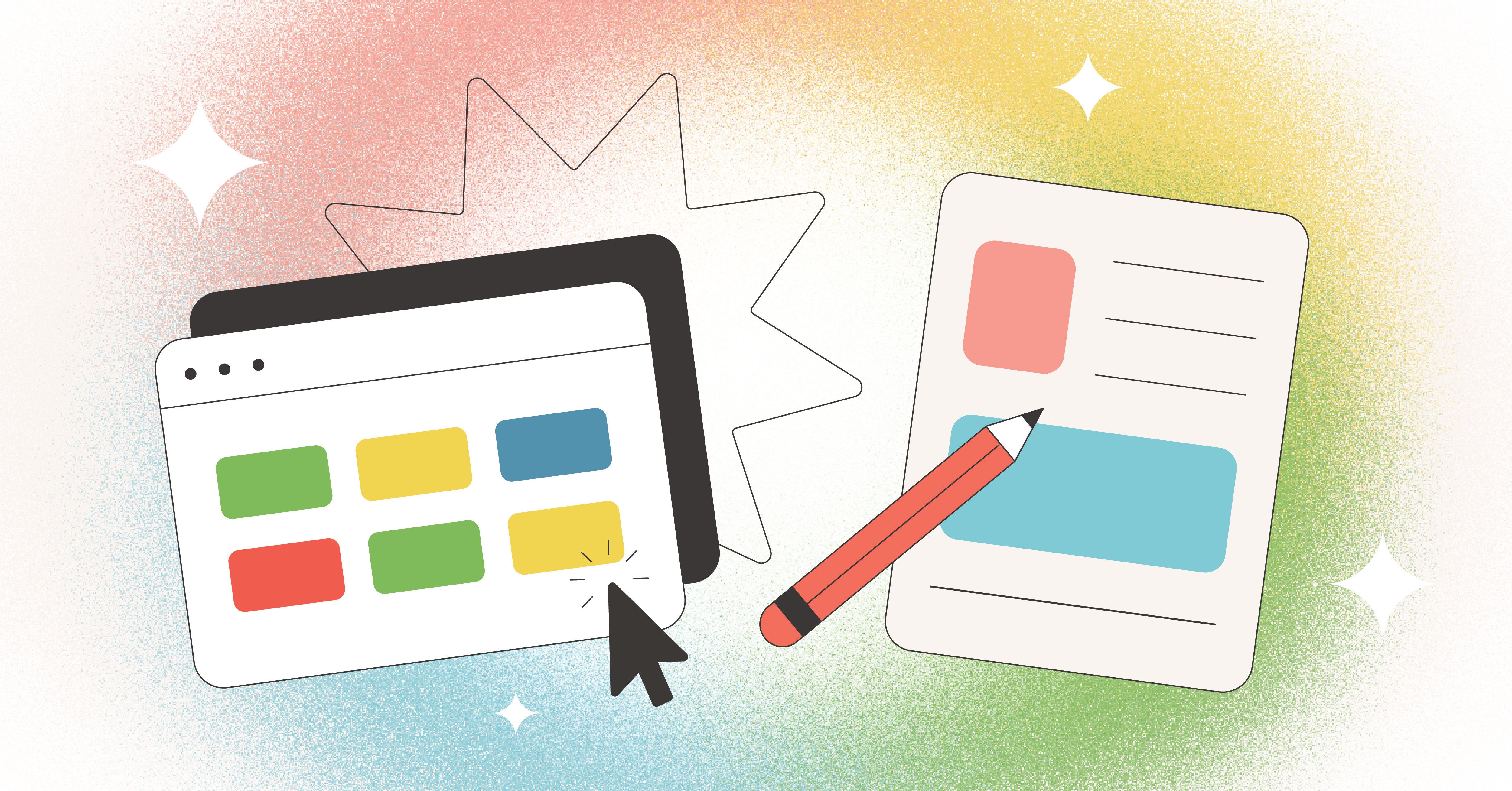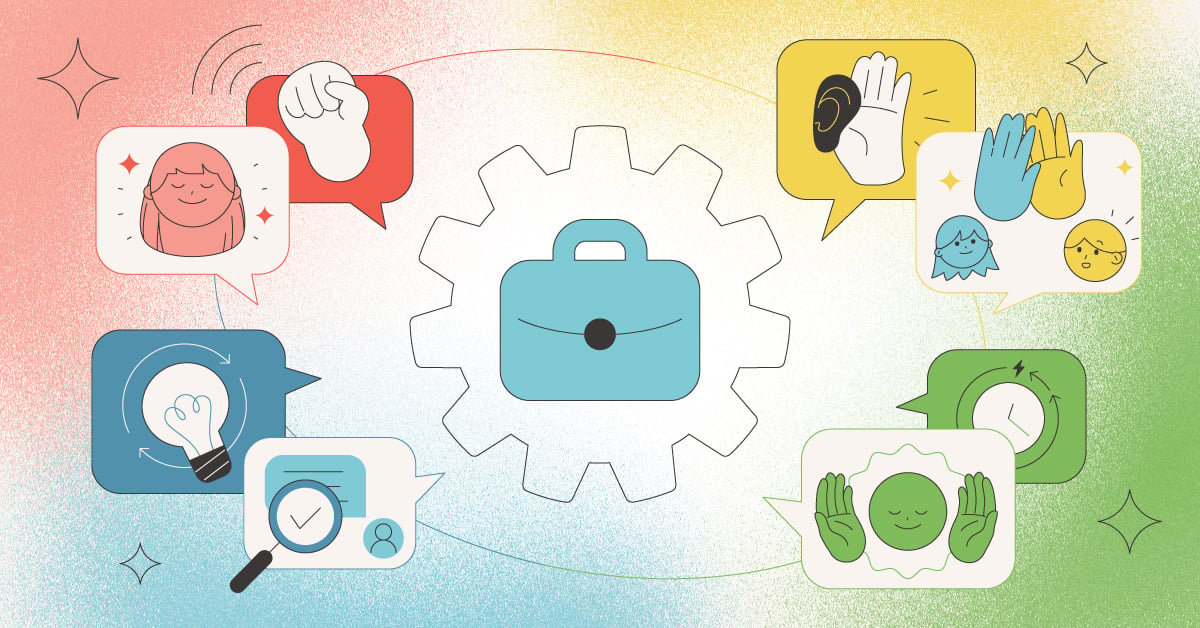
Emotional intelligence (also known as EQ) has gained a lot of recognition in the last few years, but many people don’t know what exactly it entails. One of the five factors of EQ is self-regulation.
Self-regulation is the ability to control or redirect disruptive impulses and moods and the propensity to suspend judgment and think before acting.
High self-regulation empowers individuals to take responsibility for their feelings and to regulate their emotions. So what does low self-regulation do? Here are 5 of the ways you’re being affected if you have low self-regulation.
1. You’re Not Learning From the People Around You
One of the most damaging parts of low self-regulation is the loss of learning opportunities from the people around you. If you don’t have the discipline to sit on an idea and ensure its long-term success, you are likely moving at a fast pace and assuming your methods are the most effective way forward.
This destroys the opportunity to learn from the people around you! Your peers will be less inclined to share their thoughts and ideas with you if you disregard their opinions, which will likely result in the best way forward being lost.
2. You Can’t Handle Delayed Gratification
Self-regulation is all about suspending judgment and thinking before acting. People with low self-regulation want to avoid difficult situations and find quick wins, and while this isn’t always a negative thing, looking for the easiest route every time will damage their ability to be patient and experience delayed gratification.
This ties in with the previous point and will cause problems with other team members; if their poorly regulated teammate is always looking for the fastest answer, not the best answer, issues will arise in the long run.
3. You Panic Under Pressure
Self-regulation helps with the ability to control or redirect disruptive impulses and moods. Poor self-regulation results in underdeveloped self-soothing skills— every problem feels like the worst possible outcome, regardless of the reality of its scale.
People with low self-regulation can panic under pressure. They have a hard time looking at high-pressure situations with the necessary or realistic perspective required to successfully navigate, which can derail projects and progress across the board.
4. You Avoid Tough Situations
One of the problems with low self-regulation is that it can also lead to conflict-avoidant behavior in the future.
“The bad thing about low self-regulation is that it can reinforce hesitancy in the workplace,” we’ve shared before, “If you’re focusing on the negative experiences, you’re going to try to avoid those as best you can… It feeds into itself — the less you initiate, the less possibility there is of conflict or issues, but then there’s less possibility of innovation, success, and achievement.”
Tough situations aren’t pleasant but they are necessary on occasion to resolve issues. You need to be able to enter conflict with a clear head and a focus on an achievable outcome, or you’re going to face more problems down the road from being avoidant.
5. You See the Worst in Others (And Yourself)!
Low self-regulation makes it difficult to see the positive in situations and people around you. It can also affect your own perception of yourself. If you’re being affected by the first four ways listed here, you’re going to end up with some negative feelings about yourself and your capabilities as a result.
It’s important to remember if you are focusing on avoiding all negative possibilities, then you’re going to miss out on opportunities and positive influences in the future! Don’t let low self-regulation get in the way of that.
How Can You Improve Self-Regulation?
If you’re wondering about the current state of your self-regulation and EQ at large, TTI Success Insights can help! The EQ assessment measures self-awareness, self-regulation, motivation, social awareness, and social regulation. The information revealed within will give you the insight needed to improve low self-regulation.
If you want to take an EQ assessment, contact us here.
If you want to join the TTI SI network and become a reseller, learn more here.
If you are a member of the network and want to learn more about EQ, contact the Partner Services Team to learn about becoming EQ certified.




